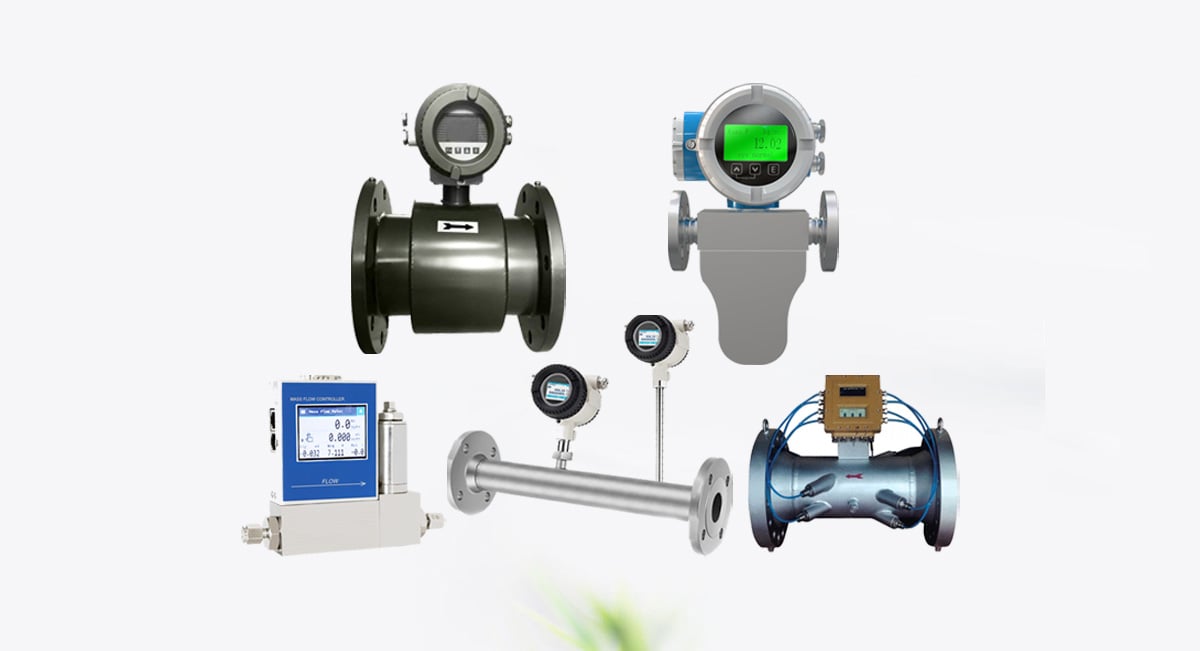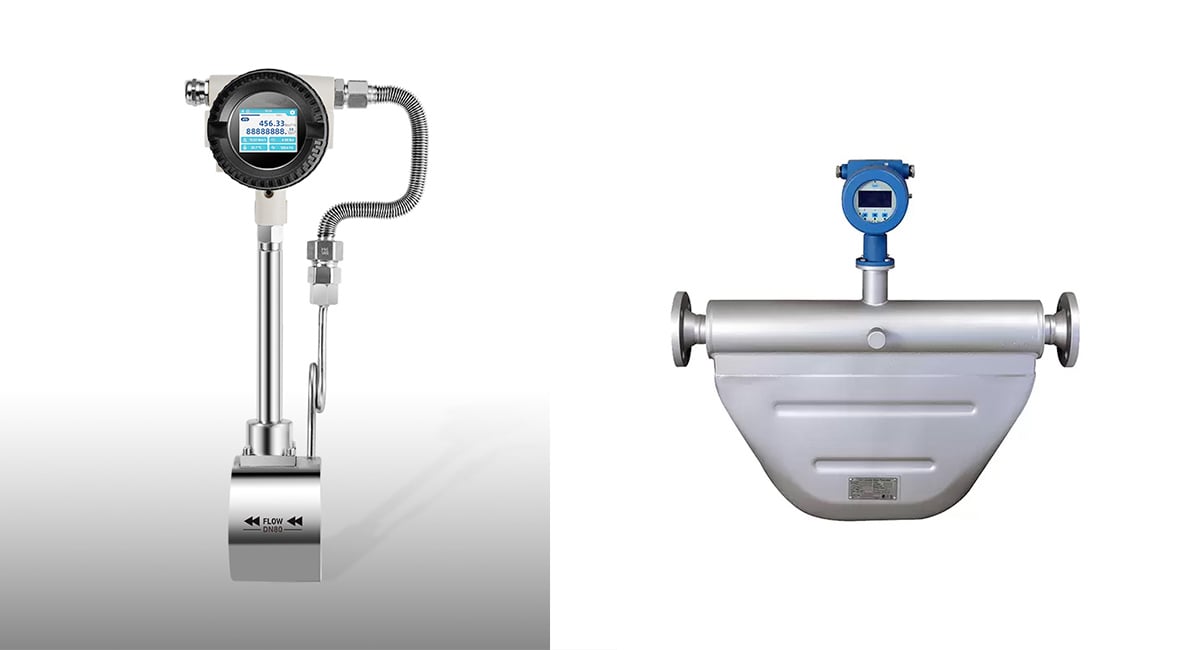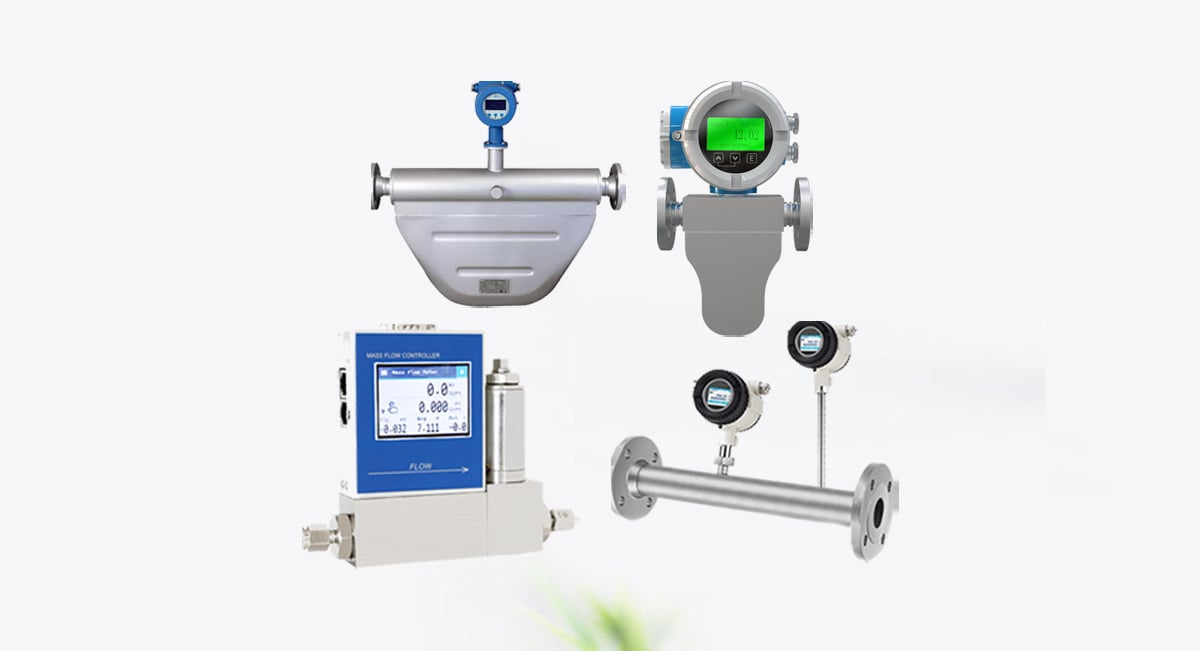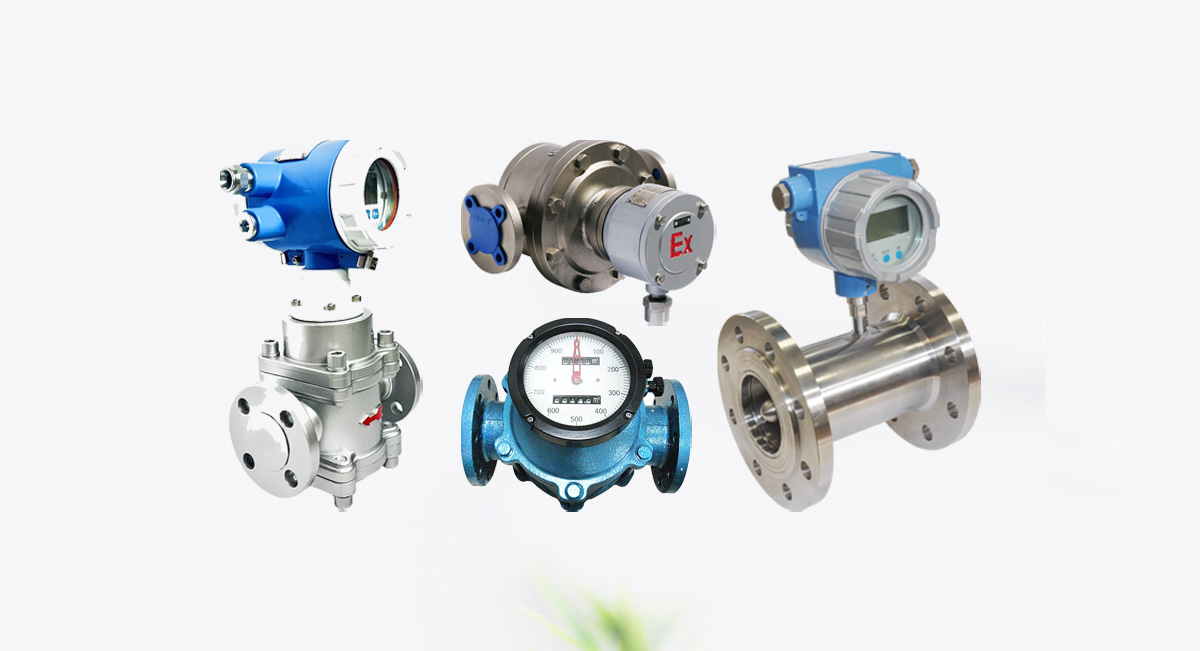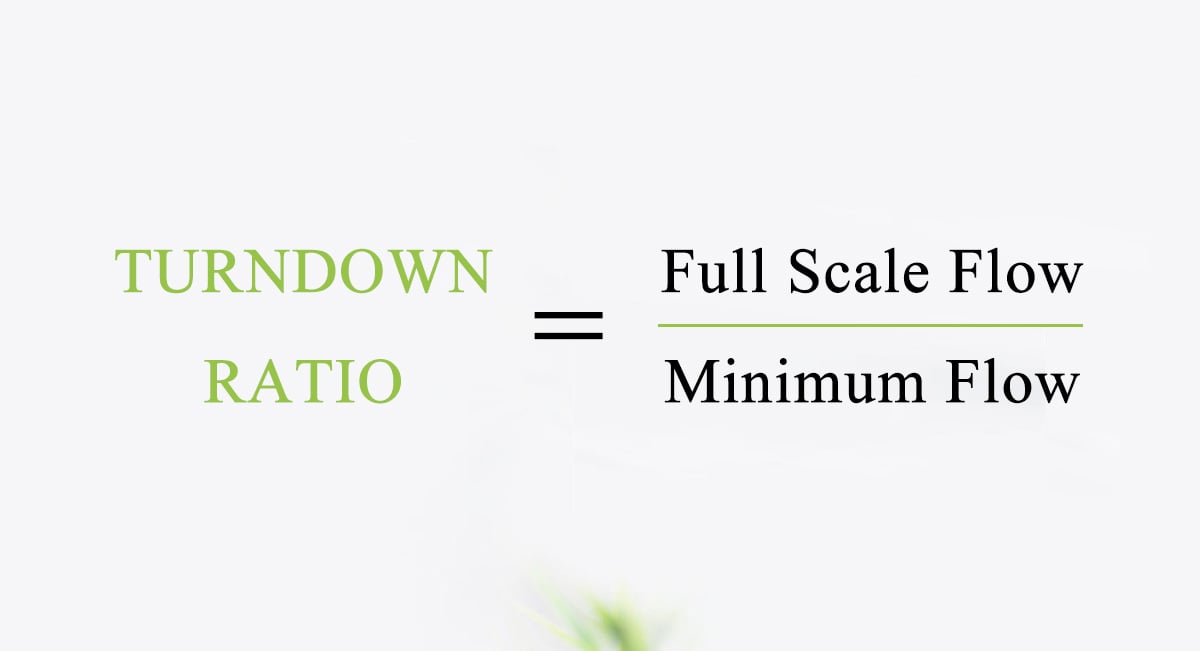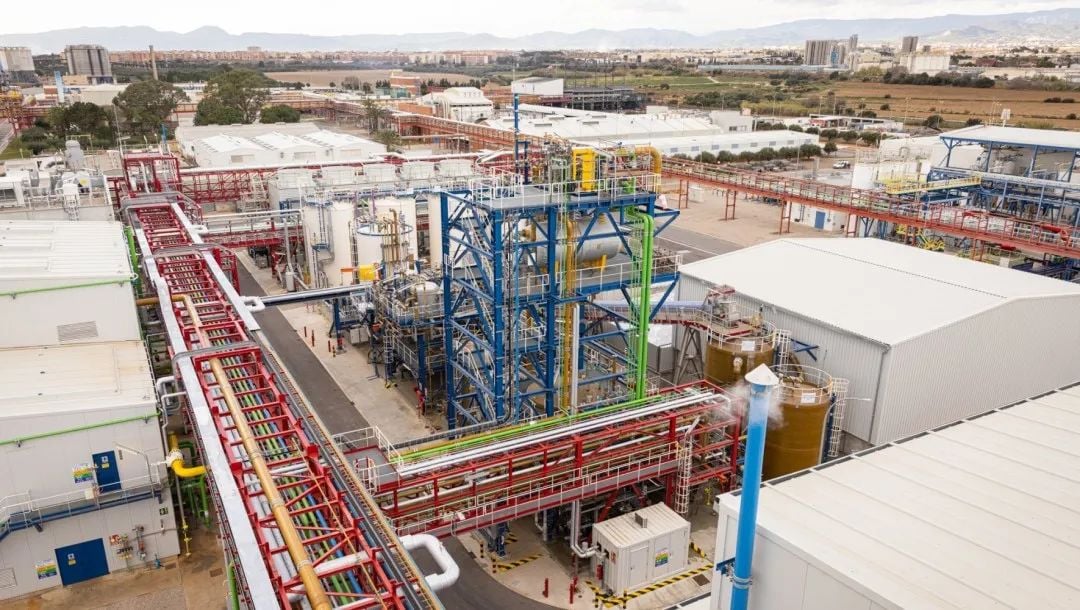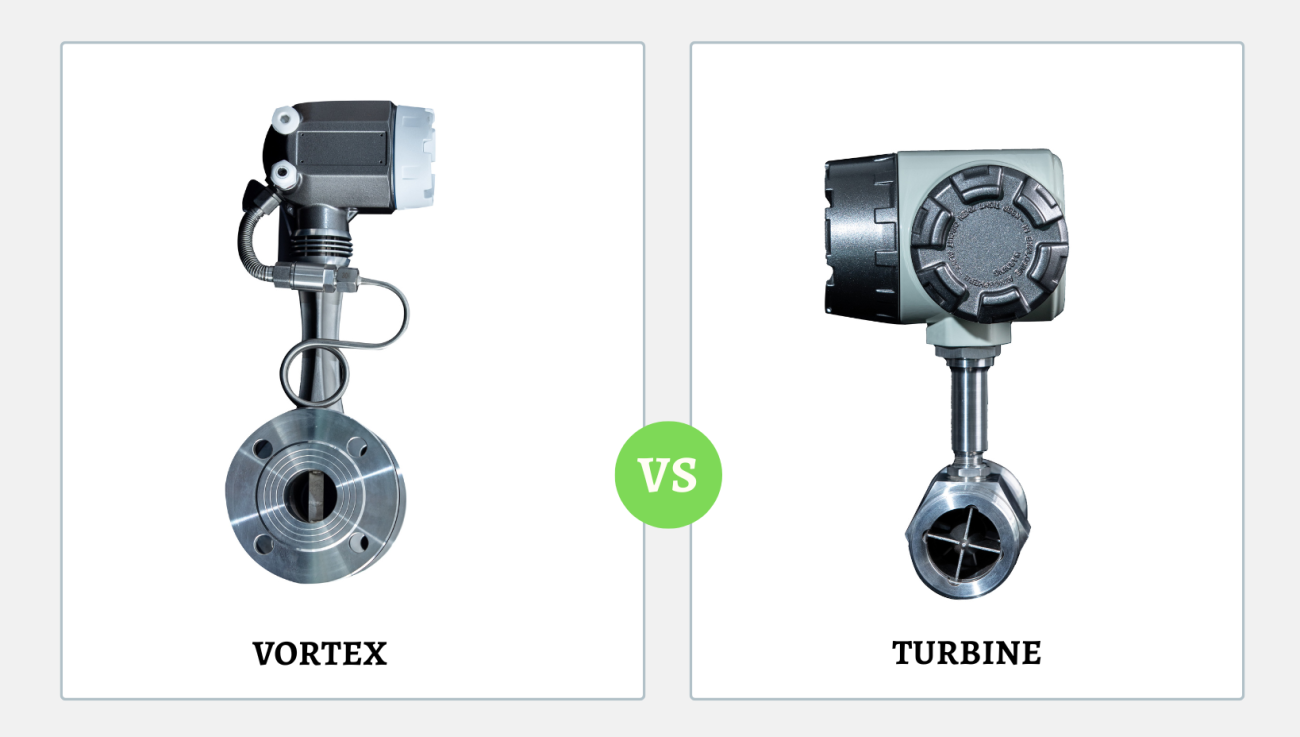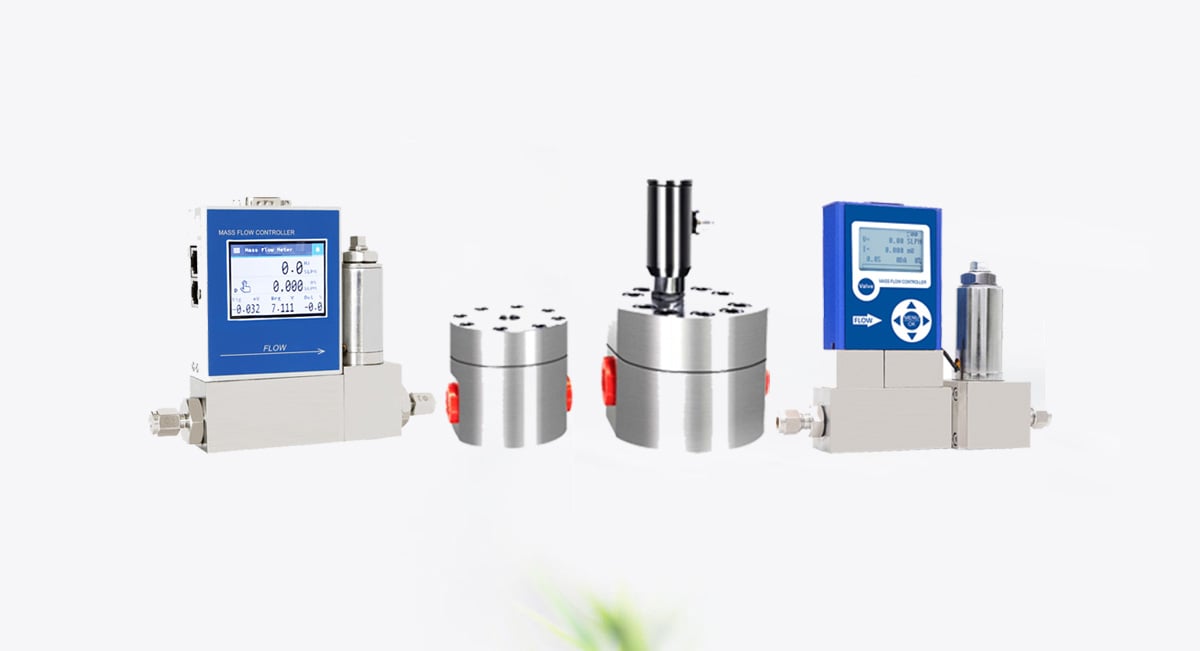In the chemical and process industries, accurate measurement and control of fluid flow are fundamental to ensuring product quality, safety, and efficiency. Chemicals often vary widely in viscosity, corrosiveness, temperature, and pressure — making flow measurement a technical challenge that requires specialized instruments.
İçindekiler
What Is a Chemical Flow Meter?
A chemical flow meter is an instrument designed to measure the rate or total volume of chemical fluids passing through a pipeline. These fluids can include liquid chemicals, corrosive acids, alkalis, solvents, fuels, and even chemical gases.
The purpose of a chemical flow meter is to ensure that precise quantities of chemicals are delivered, mixed, or reacted as required in industrial processes. Accurate flow measurement is critical in sectors such as:
- Chemical manufacturing (acid/base dosing, solvent blending)
- Pharmaceutical production (precise ingredient ratios)
- Petrochemical and refinery processes (fuel and lubricant monitoring)
- Water and wastewater treatment (chlorine or pH-control chemicals)
- Yiyecek ve içecek endüstrisi (cleaning and sterilization chemicals)
In short, chemical flow meters are indispensable tools wherever chemical reactions, dilution, or dosage control depend on precise flow data.
The Importance and Challenges of Measuring Chemical Flow
Measuring chemical flow accurately is crucial not only for product quality and efficiencyiçin değil, aynı zamanda safety and regulatory compliance. Many chemicals are corrosive, volatile, or toxic, and any mismeasurement can cause safety hazards, process inefficiencies, or environmental violations.
Why Chemical Flow Measurement Matters
- Accurate dosing and blending – Ensures correct chemical proportions in reactions and formulations.
- Process safety – Prevents leaks, overpressure, or dangerous reactions caused by incorrect chemical flow.
- Cost control – Reduces waste and optimizes resource consumption.
- Regulatory compliance – Maintains adherence to environmental and safety regulations.
Challenges in Chemical Flow Measurement
- Corrosive or reactive chemicals Many acids, alkalis, or solvents can corrode or degrade standard materials like stainless steel or aluminum. And the wetted part or even main part must use corrosion-resistant materials such as PTFE, PFA, PVDF, or Hastelloy.
- Varied viscosity and density Chemical fluids can range from low-viscosity solvents için highly viscous resins or oils. Some flow meters are sensitive to viscosity changes, making them unsuitable for certain applications.
- Temperature and pressure extremes Processes like polymerization or distillation can involve high temperatures (up to 300°C) ve high pressures, which affect sensor accuracy and material compatibility.
- Presence of particulates or gas bubbles Slurries or aerated liquids can interfere with flow readings in volumetric or velocity-based flow meters.
- Hazardous environments Chemical plants often require explosion-proof or intrinsically safe flow meters certified for use in hazardous areas (ATEX, IECEx).
For these reasons, selecting a proper chemical flow meter requires careful consideration of both the chemical properties ve operating conditions.
Recommended Flow Meter Types for Chemical Applications
Not all flow meters are suitable for chemicals. Below are the most common types recommended for measuring different kinds of chemical fluids, along with their working principles, advantages, and limitations.
Coriolis Kütle Akış Ölçerler
Çalışma Prensibi:
Coriolis flow meters measure the kütle akışı of fluids by detecting the deflection caused by fluid movement through vibrating tubes.
Temel Avantajlar:
- Direct measurement of kütle akışı (no need for density compensation)
- High accuracy (±0.1–0.2%)
- Şunlar için uygundur liquids, slurries, and gases
- Şunlar için iyi çalışır high-viscosity or corrosive chemicals
Sınırlamalar:
- Daha yüksek başlangıç maliyeti
- Sensitive to vibration
En iyisi:
High-value or critical processes such as acid dosing, solvent delivery, polymer productionve pharmaceutical manufacturing.
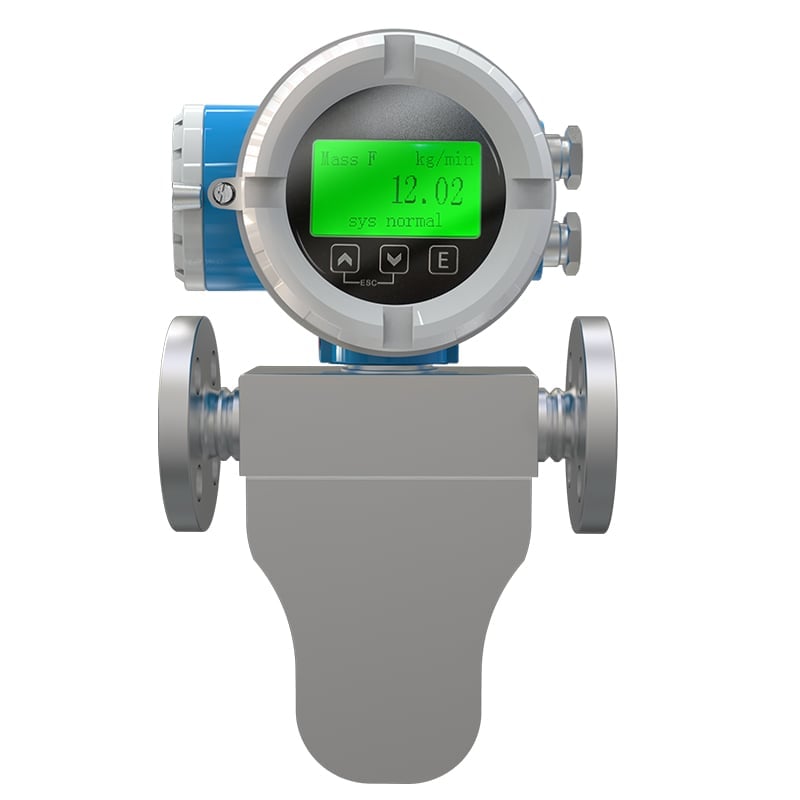
- 0,1 %'ye kadar yüksek doğruluk, İyi güvenilirlik
- İyi sıfır kararlılık ve anti-parazit performansı
- Hareketli parça yok, bakım gerektirmez
- Hart dahil çoklu dijital iletişim
Termal Kütle Akış Ölçerler
Çalışma Prensibi:
These meters measure gas flow by detecting the heat dissipation caused by the gas moving past a heated sensor element.
Temel Avantajlar:
- Şunlar için ideal chemical gases like nitrogen, hydrogen, or chlorine
- Direct mass flow measurement (independent of pressure and temperature)
- No moving parts — low maintenance
Sınırlamalar:
- Limited to temiz, kuru gazlar. Here’re more ideas for gaz akış ölçerler.
- Not suitable for liquids or wet gas mixtures
En iyisi:
Monitoring chemical gas flow in inerting systems, gas blending, or leak detection.
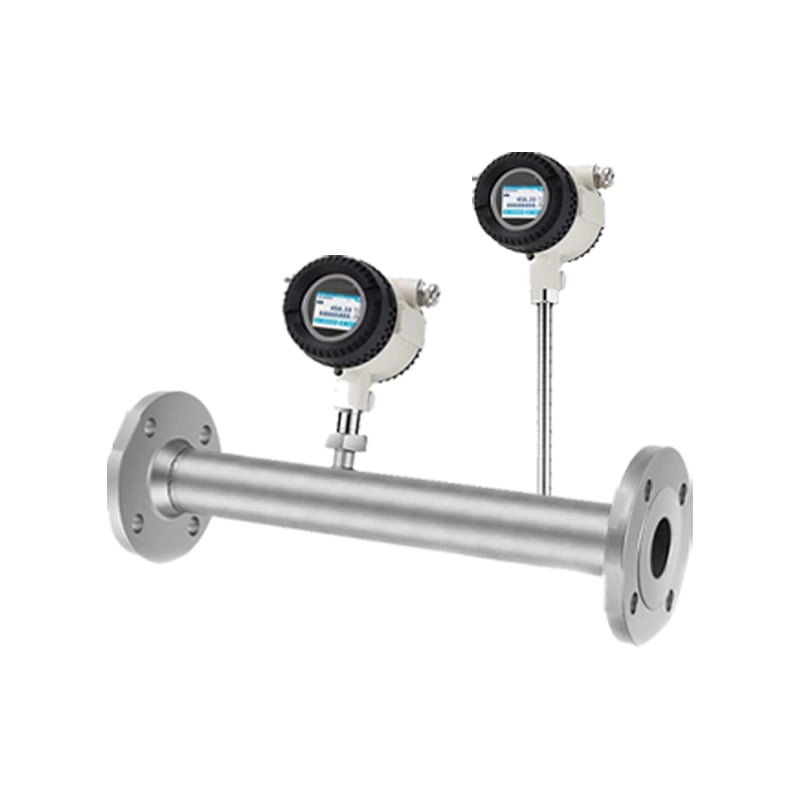
- Patlamaya dayanıklılık sınıfı: Ex db IIC T6 Gb / Ex tb IIIC T80°CDb.
- Ortam: Basınçlı hava, nitrojen, oksijen, Karbondioksit ve diğer yoğuşmayan gazlar.
- Ultra geniş 1:2500 kısma oranı, ölçüm aralığı 0,1 Nm/s ila 250 Nm/s arasındadır.
- Tam dijital sinyal işleme, daha yüksek doğruluk, uzun vadeli kararlılık.
Manyetik Akış Ölçerler
Çalışma Prensibi:
Manyetik akış ölçerler operate based on Faraday’s law of electromagnetic induction, measuring voltage generated by conductive fluids passing through a magnetic field.
Temel Avantajlar:
- Hareketli parça yok
- Excellent for corrosive, conductive liquids
- High accuracy even with varying viscosity
Sınırlamalar:
- Only suitable for iletken sıvılar
En iyisi:
Acids, bases, salt solutions, wastewaterve chemical slurries.
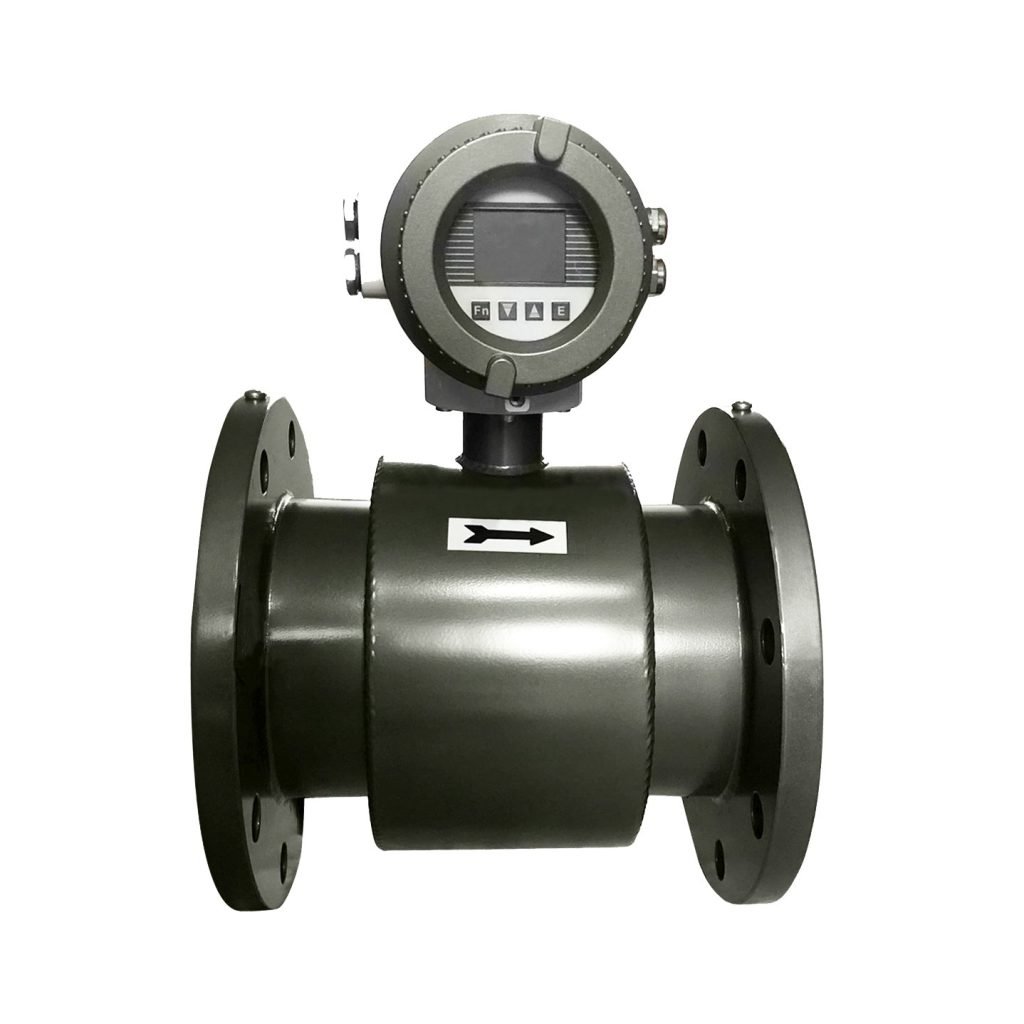
- PU, PFA, ETFE veya FEP astar: mükemmel kimyasal ve aşınma direnci
- Wide range of electrode materials, including corrosion-resistant materials like Hastelloy.
- High accuracy up to ±0.2 %
Pozitif Deplasmanlı Akış Ölçerler
Çalışma Prensibi:
These meters physically trap a fixed volume of fluid and count how many times the chamber fills and empties.
Temel Avantajlar:
- Excellent for yüksek viskoziteli akışkanlar like oils, adhesives, or resins. Most recommended for yağ akış ölçerler ve yakıt akış ölçerler.
- High accuracy even at low flow rates
- Independent of flow profile and pipe orientation
Sınırlamalar:
- Contains moving parts that require maintenance
- Not suitable for abrasive or particulate-laden fluids
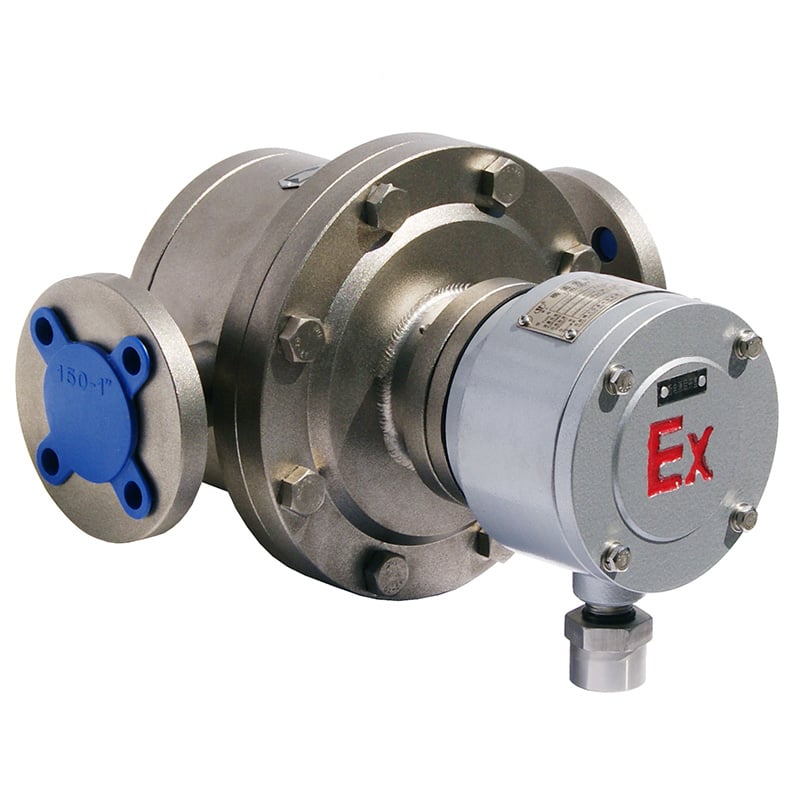
Pozitif Deplasmanlı Akış Ölçerler
- Tutarlı performans için minimum titreşimle pürüzsüz spiral rotor çalışması
- İyi tekrarlanabilirlik ile geniş ölçüm aralığı
- 0,2%'ye kadar hassasiyetle yüksek hassasiyetli ölçüm
- Viskozite değişimine duyarlı değildir
- Daha yüksek viskoziteli sıvı ölçümü için optimize edilmiştir
En iyisi:
Lubricants, paints, polymersve non-corrosive chemical liquids.
Ultrasonik Akış Ölçerler
Çalışma Prensibi:
Ultrasonic flow meters measure flow rate using sound waves — either by the geçiş süresi veya Doppler method.
Temel Avantajlar:
- Müdahaleci olmayan (clamp-on type available)
- Works for both conductive and non-conductive fluids
- Şunlar için uygundur corrosive or sterile processes
Sınırlamalar:
- Accuracy affected by bubbles or suspended solids
- Requires a clean pipe surface for clamp-on installation
En iyisi:
Solvents, cooling liquids, and corrosive acids where contamination must be avoided.
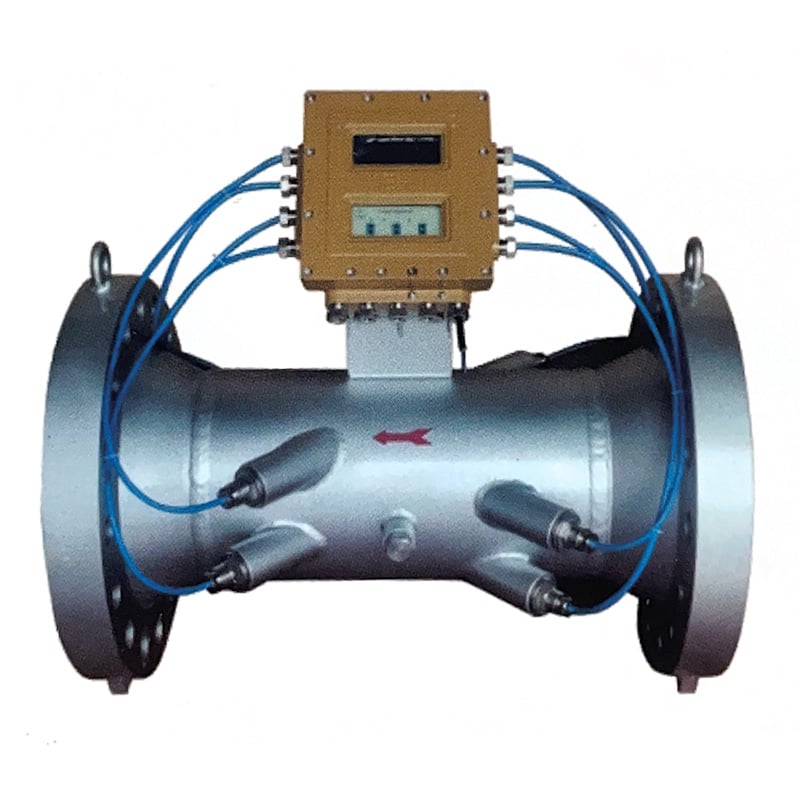
- 0,5%'ye kadar gaz için yüksek doğruluk
- Hareketli parça yok, basınç kaybı yok, hat tıkanıklığı yok
- Yağlama veya periyodik bakım yok
- Ölçüm gaz özelliklerinden etkilenmez
- 100:1 geniş kısma oranı
- Çift yönlü yetenek
Gas Mass Flow Controllers (MFCs)
Çalışma Prensibi:
MFCs combine a mass flow sensor, a valve, and a control circuit to precisely measure and control gas flow in real-time.
Temel Avantajlar:
- Provides precise flow control, not just measurement
- Compact and suitable for laboratory or pilot-scale processes
- İle iyi çalışır reactive or specialty gases
Sınırlamalar:
- Designed primarily for düşük akış hızları
En iyisi:
Gas mixing, coating processes, and catalyst research.
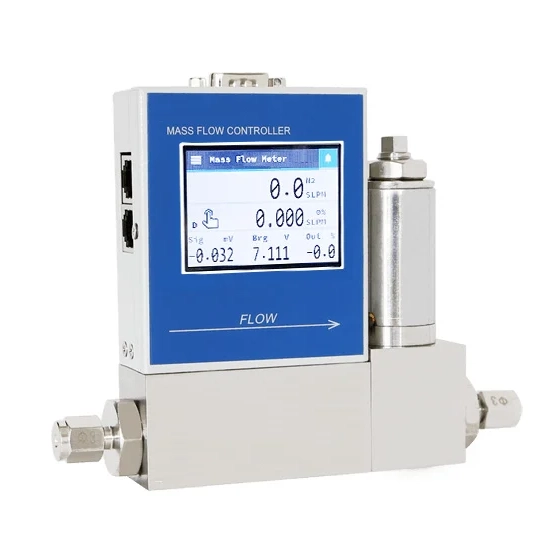
- Designed for low flow gas / liquid measuring
- It can measure high viscosity fluid and high density gas
- Designed for low flow gas / liquid measuring
- Akış hızını düzenlemek için entegre PID kontrolörü
- Doğrudan kütle akış hızı ölçümü, otomatik sıcaklık kompanzasyonu
How to Choose the Right Chemical Flow Meter
Selecting the correct chemical flow meter requires evaluating several technical and chemical parameters. Below are the main criteria to guide your selection:
1. Identify the Chemical Properties
- Aşındırıcılık: Choose materials like PTFE, PFA, or Hastelloy for aggressive acids or alkalis.
- İletkenlik: Use manyetik akış ölçerler for conductive fluids; for non-conductive fluids, consider ultrasonic or Coriolis types.
- Viskozite: For viscous fluids, pozitif deplasman veya Coriolis flow meters perform better.
2. Define the Flow Range and Pipe Size
Each meter has an optimal flow range. Oversized or undersized meters will reduce accuracy. Always match the flow meter’s range to your process flow rate.
3. Operating Conditions
- Temperature and pressure must be within the meter’s limits.
- In hazardous environments, select explosion-proof veya intrinsically safe models.
4. Installation Requirements
- Consider available space, orientation, and maintenance access.
- Some flow meters (like ultrasonic clamp-on types) are ideal when pipe modification is not possible.
5. Output and Communication
Modern chemical flow meters support 4–20 mA, Modbus, HART, or digital outputs for integration into process control systems.
6. Accuracy and Maintenance
If precision is critical (e.g., chemical blending or dosing), choose Coriolis veya manyetik akış ölçerler. Some suppliers also provide very high accuracy PD flow meters like Metlan Enstrümanları.
A chemical flow meter plays a vital role in controlling and monitoring chemical processes with accuracy and safety. Because of the diversity of chemical fluids — from corrosive acids to viscous oils — there is no single flow meter suitable for all situations. Ultimately, the right flow meter should match the chemical’s physical properties, the process conditions, and the required accuracy.
About Metlan Instruments Chemical Flow Meters
At Metlan Enstrümanları, we specialize in high-precision flow measurement and control solutions for industrial applications. Our product range includes termal kütle akış ölçerler, Coriolis kütle akış ölçerler, positive displacement metersve mass flow controllers designed for both gases and liquids — including corrosive and specialty chemicals.
With advanced sensor technology and robust materials, Metlan Instruments ensures long-term stability, corrosion resistance, and exceptional accuracy — helping chemical plants, laboratories, and process industries achieve precise and reliable flow measurement.

